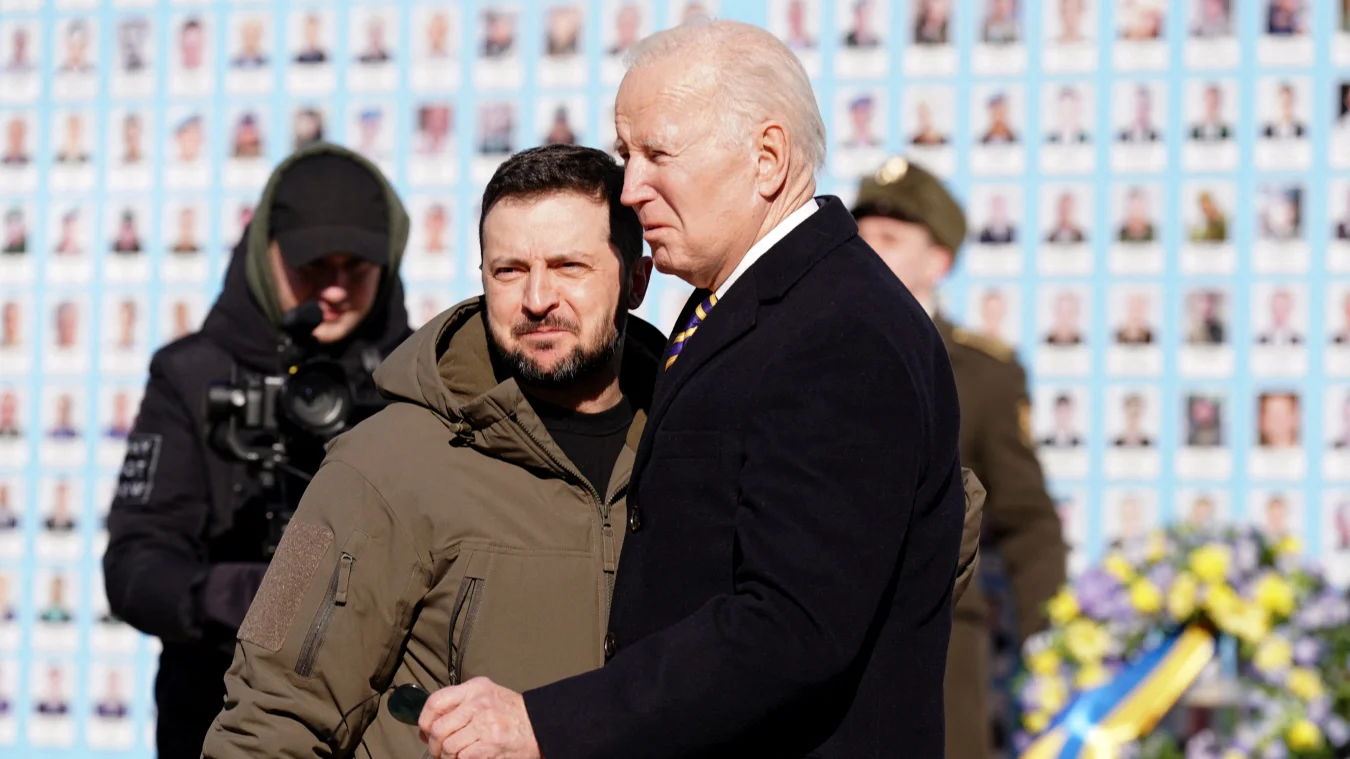
Is There a Market for Suspicion of the US?
The DPP collapsed in the 2018 “nine-in-one” local elections, and most people thought that the party was sure to lose in the 2020 general election. However, the party had a big win, which people believed was a result of the anti-extradition movement in Hong Kong. More importantly, regardless of the election results, public support for the DPP is always greater than that for the KMT. Some people believe that the DPP’s pro-America, anti-China stance has elevated the party’s influence. In the past when the U.S. and China reconciled their differences, the pro-America, anti-China stance was irrelevant. Recently, however, as the struggle for hegemony between the two countries has become increasingly apparent, the competing demands of pro-America, anti-China and anti-America, pro-China have created opposition in Taiwan.
It is very obvious that public opinion in Taiwan is pro-America, anti-China. Even if the DPP administration fails and they lose the election, their influence will still exceed that of the KMT. This truth makes the pan-Blue coalition (KMT) nervous because it pushes their chances of ruling far into the indefinite future. Thus, as a solution, they want to press the idea of being suspicious of the U.S. They assert that by being pro-American, Taiwan is nothing more than a pawn moved around by the U.S. While the KMT wants to seize the public opinion from the DPP, a huge gap remains in the number of people who are suspicious of the U.S. and pro-American. Capturing public opinion will be difficult.
Taiwan did not start on the pro-American path with the DPP. During World War II, Chiang Kai-shek was not only pro-American but very reliant on the U.S. Conversely, at the time, the Taiwanese were anti-American. It wasn’t until the KMT was driven out of China to Taiwan by the Chinese Communist Party that the Taiwanese were forced to follow along with Chiang’s pro-American stance. Later, the oppression Taiwan faced from the CCP caused the Taiwanese to have no choice but to be pro-American.
After he was driven to Taiwan, Chiang relied on America’s protection to survive, accommodating the U.S. unconditionally. For example, during the May 24 incident in 1957, a soldier from the Republic of China was killed, but the murderer was sent back to the U.S. by the U.S. military. The unequal alliance between the two sides was exposed, igniting mass riots. Chiang, however, issued a proclamation urging the people not to take action like that taken in the Boxer Rebellion. The Chiang regime explicitly wanted to prevent people from offending the U.S. After the Chinese Communist Party grew in strength and eventually came to represent China, the KMT in Taiwan became an international orphan, even more reliant on the U.S. to survive.
The Republic of China, led by the KMT, followed the path of being anti-CCP, pro-American. Later, when the DPP took over, it did not change course, prompting public opinion to also follow this path. It even produced a strange phenomenon in the political world: All those who aspire to political power hope for the approval of the U.S. Because the popular opinion in Taiwan is pro-American, the U.S. can influence presidential elections. Some political figures who aspire to power are trying to think of various ways to cling to American influence.
The pro-American path was forged by the KMT but spread by the DPP. Now, even though the KMT wants to take it back, it is not strong enough to do so. This has caused some in the pan-Blue coalition to want to change course from being pro-America to being suspicious of America. But they are taking voters for fools, when they themselves are fools who have forgotten who forged this path in the first place. The DPP is happy to see the pan-Blue coalition chart this new course. When the time comes, it will be the big-name politicians who have put in hard work in the U.S. who will be amazed. Those happiest to see conflicting views in the pan-Blue coalition are probably the DPP.
Recently, local organizations have begun to discuss how to unravel the blue party’s call for suspicion of the U.S. However, this is a waste of time. The pan-Blue coalition candidate should be nervous about being suspicious of the U.S., not the Green Party candidate.

